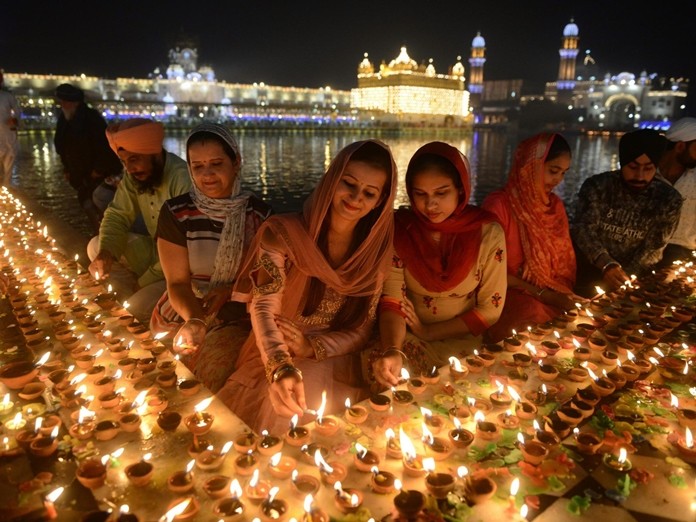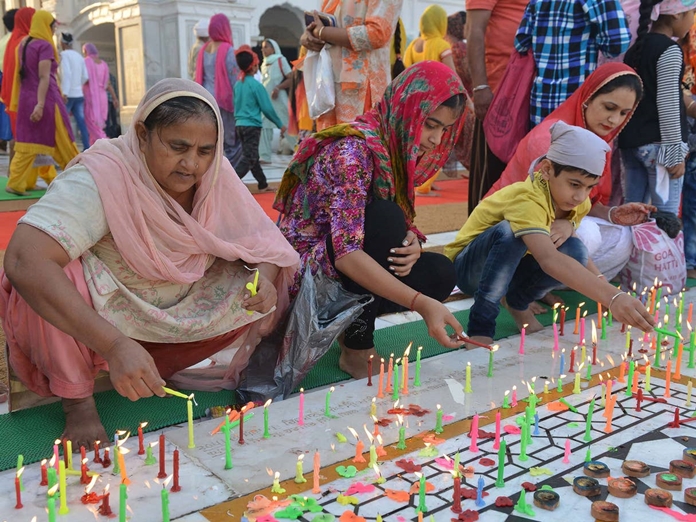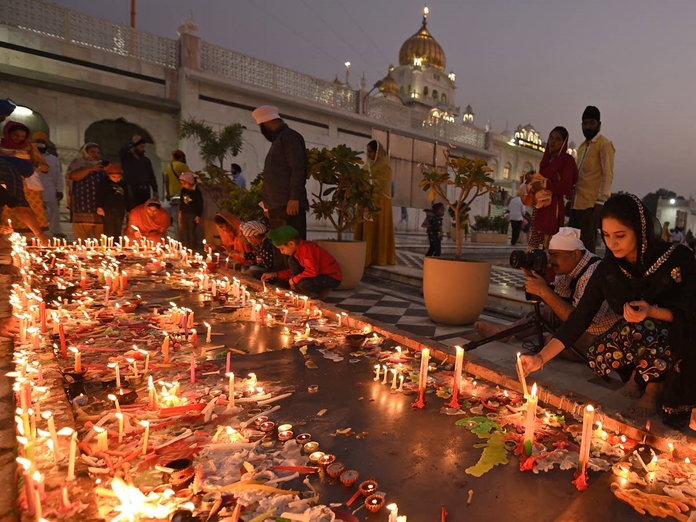
Pattaya plans to host its first Indian New Year festival to attract expats from the subcontinent to Pattaya in November.
With the odds of Indian tourists returning to Thailand slim-to-none, the Nov. 13-14 Diwali Festival is aimed at Indian-Thais and expats, offering exhibition booths and beach activities to stimulate tourism, Deputy Mayor Ronakit Ekasingh said.

Diwali, the festival of lights, is a religious observance commemorated by Hindus, Sikhs, Jains and some Buddhists around the world.
Every autumn, the observance sees millions of people attend firework displays, prayer services and festive events in celebration of the occasion.
While Diwali holds significance for a variety of reasons, one of the core themes of the festival, as symbolised by the prevalence lights, is the triumph of good over evil.
Diwali, is one of the most significant for most Indians, can trace its origins back to ancient times when the end of the summer harvest season was celebrated with much pomp and splendour.

It signifies the triumph of light over darkness and good over evil and sees millions of lamps lit at homes, temples, shops and public buildings across the world.
Another main theme of Diwali is the recollection of a legend called Ramayana, which details how the Hindu god Rama returned to his kingdom with his wife, Sita, and his brother Lakshman after several years of exile.
To illuminate the path through which they return and in order to guide them home, diyas (clay lamps) are lit everywhere and the world is bathed in golden hues of light.

Diwali also coincides with the Sikh celebration of Bandi Chhor Divas, a religious holiday that commemorates the release of Sikh Guru Hargobind Ji from the Gwalior Fort in India in the 17th century.
The Guru, who was imprisoned by the Mughal Emperor Jahangir, was standing against the emperor’s regime’s oppression of the Indian people.
Loosely translated, Bandi Chhor means ‘release of incarcerated people’. So, to Sikhs, the festival represents freedom.
 |
 |
 |





